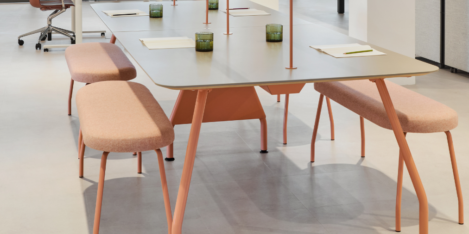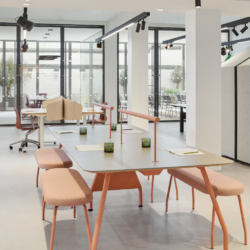May 15, 2013
Long term investment in infrastructure needed to boost UK economy
 The UK government should reverse the long term slump in infrastructure investment to boost the economy, according to a new report from the Centre for Economic and Business Research and the Civil Engineering Contractors Association. The report, Securing Our Economy: The Case For Infrastructure, calls for the government to address the decade long £13bn infrastructure construction shortfall and lays out a series of recommendations to reverse the situation. The report claims the UK endures a £78bn GDP ‘black hole’ each year due to the lack of investment and that by investing at the level of other developed economies, the economy could enjoy an additional £100 billion each year by 2026.
The UK government should reverse the long term slump in infrastructure investment to boost the economy, according to a new report from the Centre for Economic and Business Research and the Civil Engineering Contractors Association. The report, Securing Our Economy: The Case For Infrastructure, calls for the government to address the decade long £13bn infrastructure construction shortfall and lays out a series of recommendations to reverse the situation. The report claims the UK endures a £78bn GDP ‘black hole’ each year due to the lack of investment and that by investing at the level of other developed economies, the economy could enjoy an additional £100 billion each year by 2026.

































February 23, 2026
AI will either save work or destroy it. Apparently.
by Jo Sutherland • AI, Comment